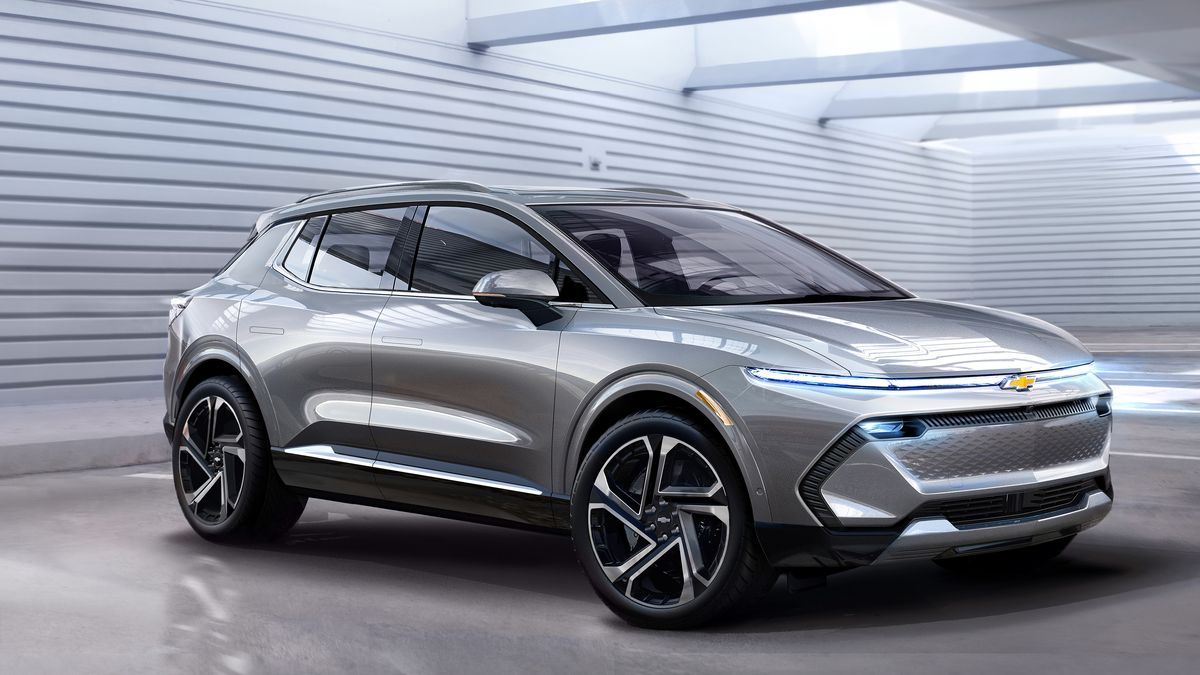Another important reason is that the price difference of EVs in relation to traditional combustion cars has also been decreasing, largely due to the reduction of the costs of the batteries that feed the electric ones. Market studies indicate that the average cost of a kWh of batteries has been reduced by almost half in the last five years and it is expected to drop another 30% by the middle of the decade, with the development of new chemical compounds and production on a larger scale.
General Motors projects that its new generation of electric cars, equipped with batteries with Ultium technology, it will cost 40% less than the previously created product line.
The company is already working on an even more advanced composition, which will allow its EVs to have a total cost of ownership compatible with combustion cars, considering similar size and equipment. This is expected to happen from the second half of this decade, including compact models, which have also been designed for South America.
Battery longevity and extensive warranty plans also bring peace of mind to consumers and reliability to the used car market, which has been just as receptive to more sophisticated vehicles, as have the financing and insurance sectors.
Another feature of these new generation batteries is their higher energy density. More efficient, they are capable of storing a greater amount of energy without increasing its size.
An example can be seen in future Chevrolet electrics announced for the Brazilian/South American market, such as the EV Blazer which is already part of the GM electric generation equipped with Ultium technology.
The premium SUV has an estimated range of 530 km with a maximum load, more than enough for interstate trips, such as from São Paulo to Rio de Janeiro. Halfway there, you can do an ultra-fast recharge at the power stations. There, 10 minutes are enough to add 130 km of autonomy. All this with the performance of a true sports car, since the model’s 564 hp of power are capable of going from immobility to 100 km/h in just 4 seconds.
Electric car: truth or lie?
In addition to feasibility in terms of cost and range, there are still many myths about electric cars that are being dispelled through educational campaigns and a growing number of consumer testimonials about their experiences with EVs, the only truly zero emissions.
“One doubt that customers have is whether an electric car can receive electric shocks when it passes through a flood zone, which is not the case, since these cars have protection and insulation technologies, capable of cutting power if they detect a situation risky”says Luiz Gustavo Moraes, regulations manager for GM South America.
The fifth episode of the “Electric Car, Without a Doubt” webseries tackles this and other myths, including that the lack of engine noise from EVs would be a negative point for drivers who are more passionate about cars.
“In fact, electric vehicles are up to 10 times quieter than combustion vehicles, which makes them more comfortable for drivers, who can better enjoy music and talk without having to raise their voices. They are also better for everyone around them, as they contribute to the reduction of noise pollution in cities”, Moraes concludes.
Source: Ambito
David William is a talented author who has made a name for himself in the world of writing. He is a professional author who writes on a wide range of topics, from general interest to opinion news. David is currently working as a writer at 24 hours worlds where he brings his unique perspective and in-depth research to his articles, making them both informative and engaging.




